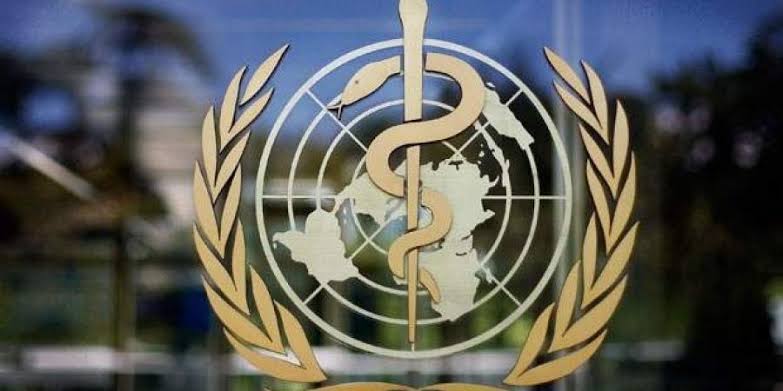By Iyemah David
The World Health Organization (WHO), has called on the Nigerian Government to intensify public awareness and education on rabies, noting that rabies is 99,9 per cent fatal, but it is also 100 per cent preventable.
Dr Walter Kazadi Mulombo, WHO Country Representative, Nigeria, made the call at the launch of the National Strategic Plan for Elimination of Dog-Mediated Human Rabies, in Abuja on Monday.
Mulombo who was represented by Dr Alex Chimbaru said that there is also a need for joint surveillance and information sharing; capacity building of health workers; improved resources for diagnosis; vaccination and treatment, and risk communication in the country.
He said that the WHO would like to reiterate its commitment to supporting the implementation of this National Strategic Plan (NPS), which addresses the gaps and issues highlighted.
He said that the united collaborative spirit would continue throughout the life of the strategic plan and beyond, as the country work towards achieving the goal of eliminating Rabies in Nigeria by 2030.
He said that rabies, a highly infectious disease of all warm-blooded animals and man, remains one of the most important zoonotic and Neglected Tropical Diseases (NTD) in Nigeria.
“In 2018, the World Animal Health Information System (WAHIS) database had ranked the disease as the number one zoonotic infection in Nigeria.
“And in 2022, during the just concluded One Health Zoonotic disease re-prioritization in Nigeria – which WHO supported – rabies was listed among the top 10 prioritized zoonotic diseases,” he said.
He said that the fight against rabies in the country has been a long and tedious one since it was first reported in 1912 up until recently documented spurious cases in some Nigerian states, like Gombe and Enugu.
“The disease has been reported in a variety of animals including dogs, cats, cattle, sheep, goats, horses, donkeys, and wildlife.
“However, unvaccinated dogs remain the main source of infection affecting several suspected and confirmed human cases, especially in school children and women. And most of these cases have resulted in fatalities.
“Now, experts report that rabies is on the increase and there is a need for urgent One Health action to curb its spread and eliminate the disease.
He, however, ensures that WHO Country Office in the country has continued to play an important role in supporting Ministries, Departments and Agencies (MDAs) to work towards the eradication of the disease.
He said that the occurrence of rabies in the country represents the larger issue of the continued prevalence of Neglected Tropical Diseases (NTDs) that has caused a significant number of mortalities, with even more morbidities and poor livelihoods.
Mulombo said that the core drivers of NTD prevalence – particularly poor health systems and inadequate policy frameworks – limit efforts to combat these diseases effectively.
Mr Nse Akpan, National Coordinator of Neglected Tropical Diseases, Federal Ministry of Health, said that the country is still confronted by the challenges posed by 15 out of the 20 NTDs listed by the WHO.
Akpan said that rabies infection, caused by a Rhabdovirus was often transmitted to humans through the bites of infected animals (especially dogs).
“Without timely and effective post-exposure prophylaxis, the disease can kill 100 per cent of its infected victims,” he said.
According to him, this is the highest case-fatality rate of all infectious diseases in humans. Fortunately, despite the high case fatality of the disease, rabies is 100 per cent preventable through the vaccination of animals and humans at risk.




